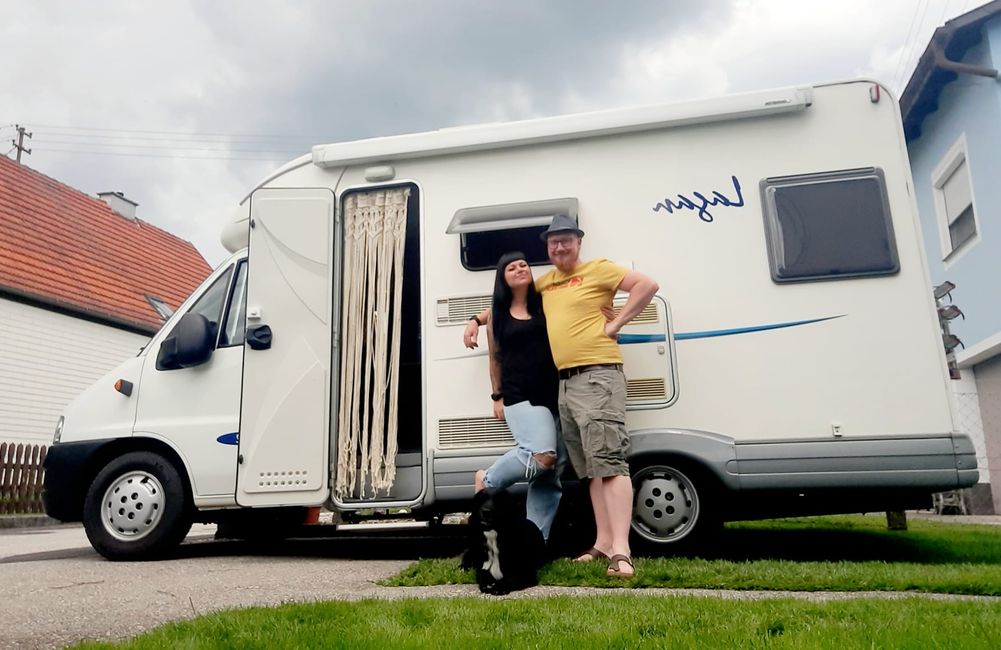Weihnachtssterne in May...
ପ୍ରକାଶିତ |: 12.05.2023
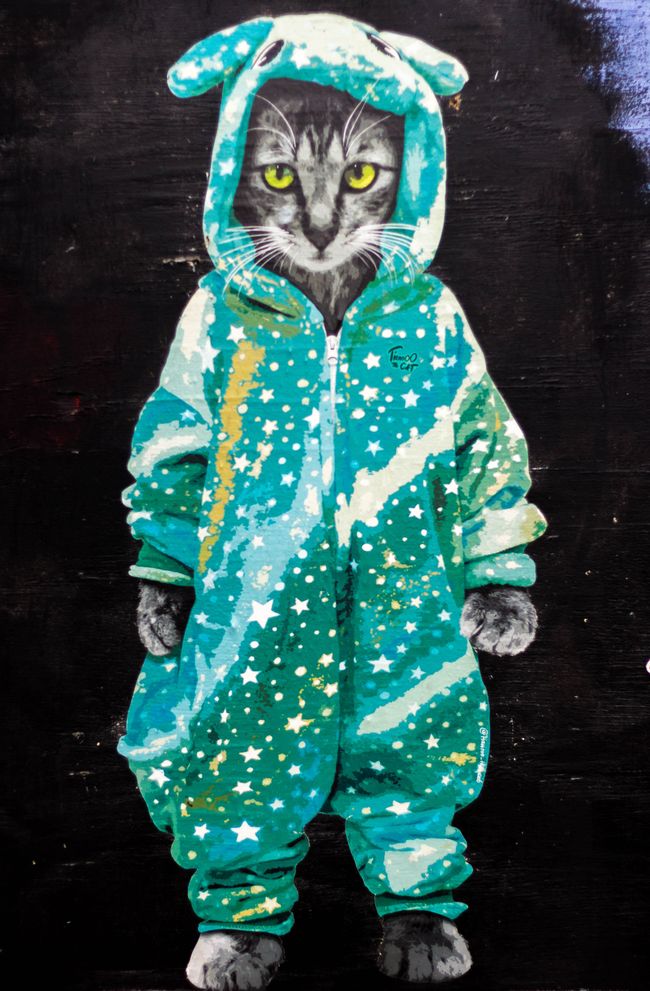
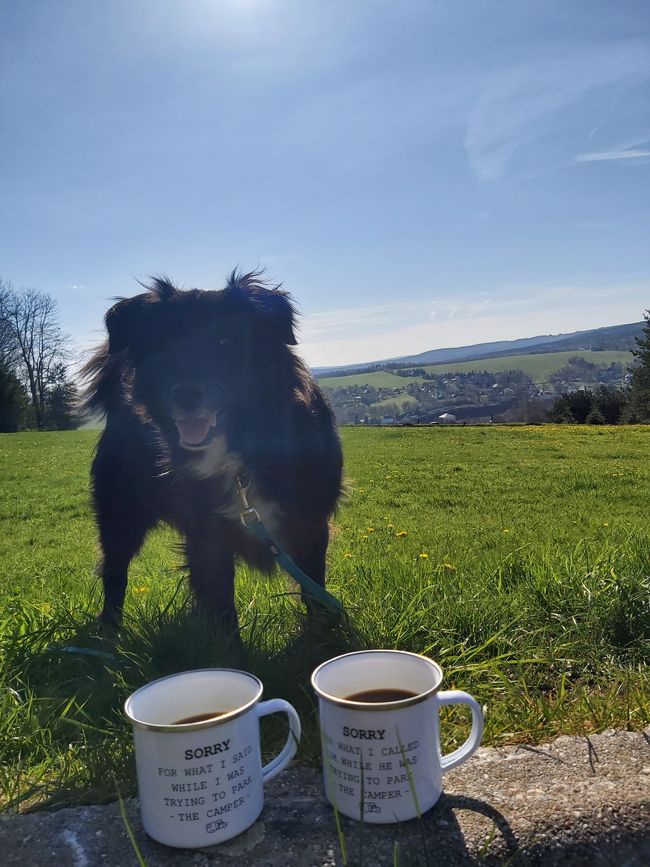
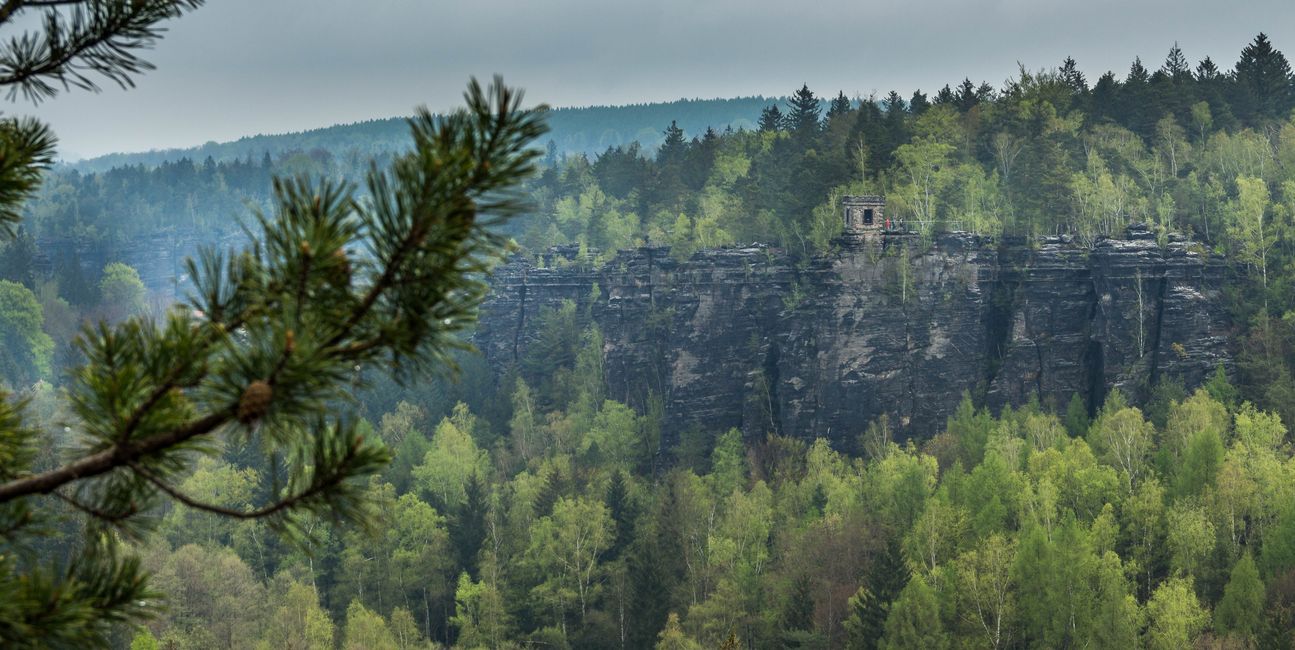
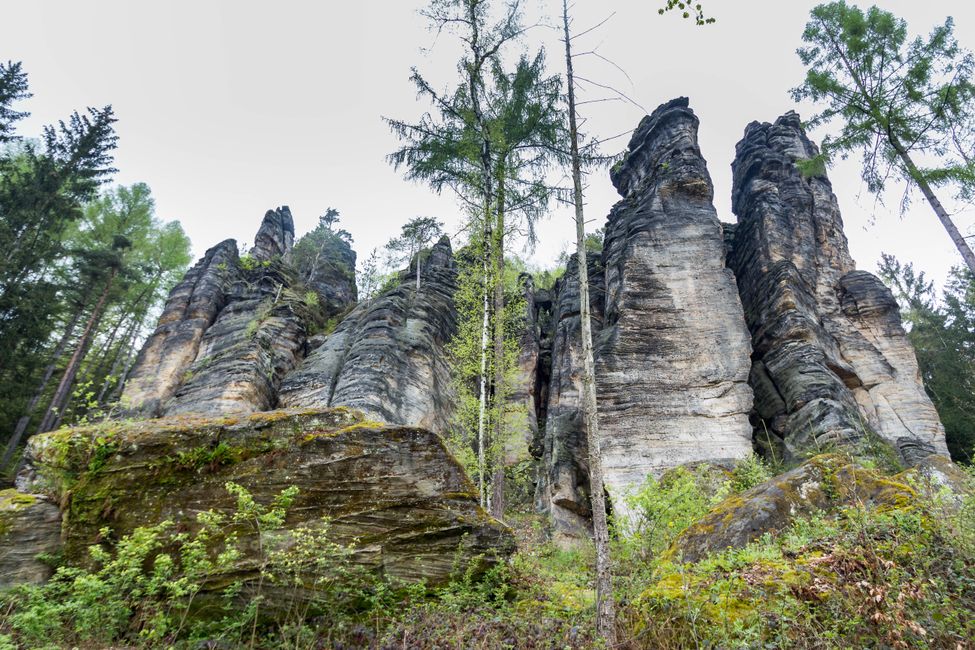
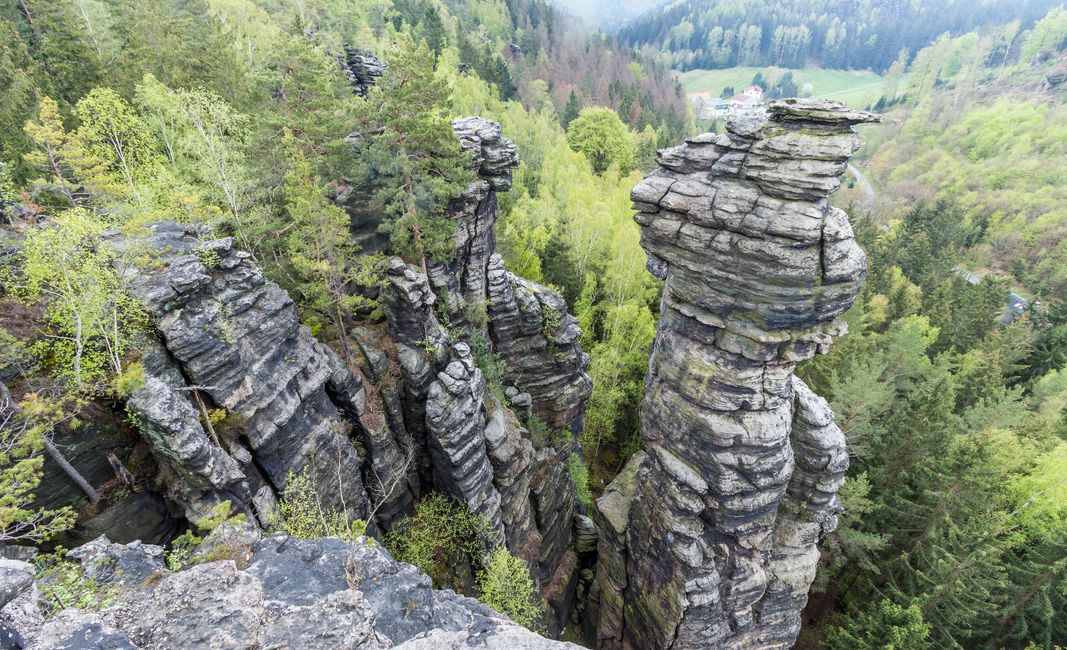
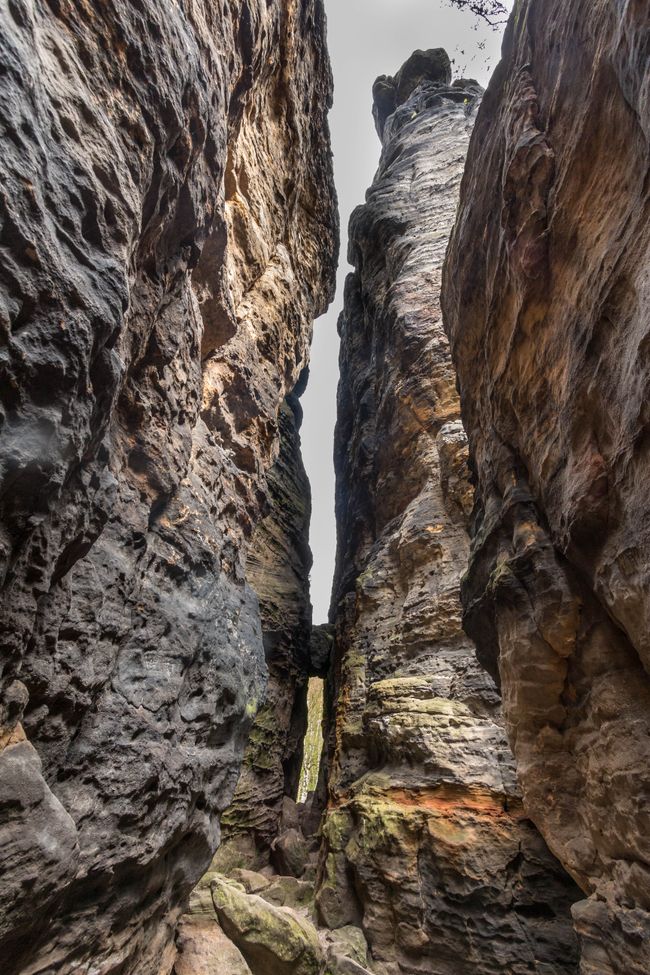
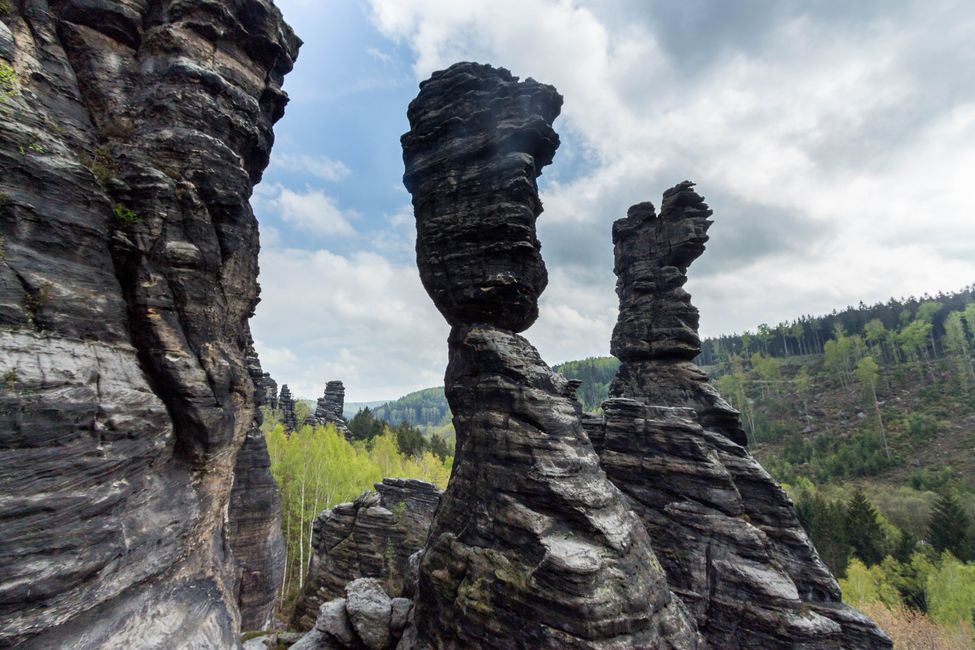
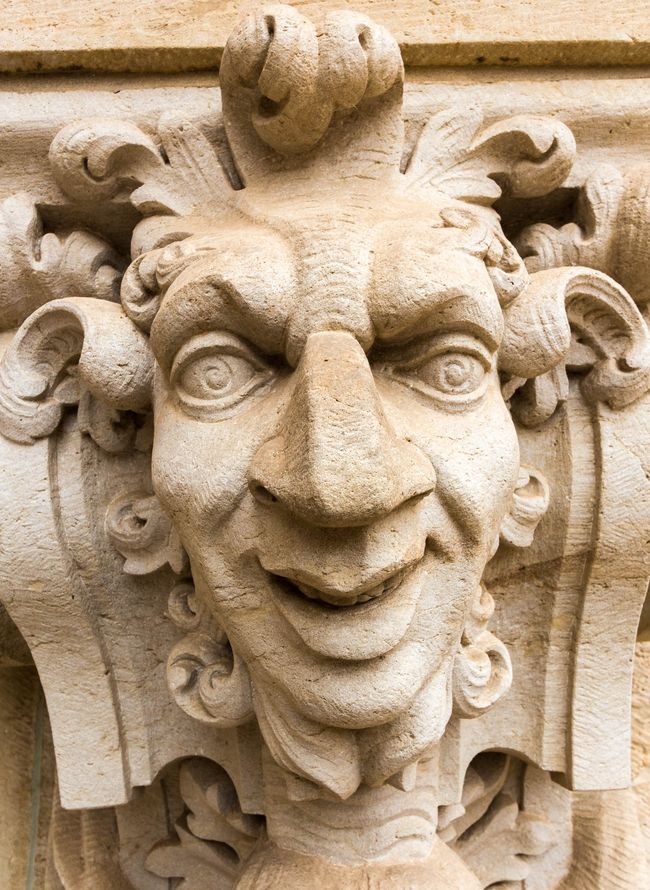
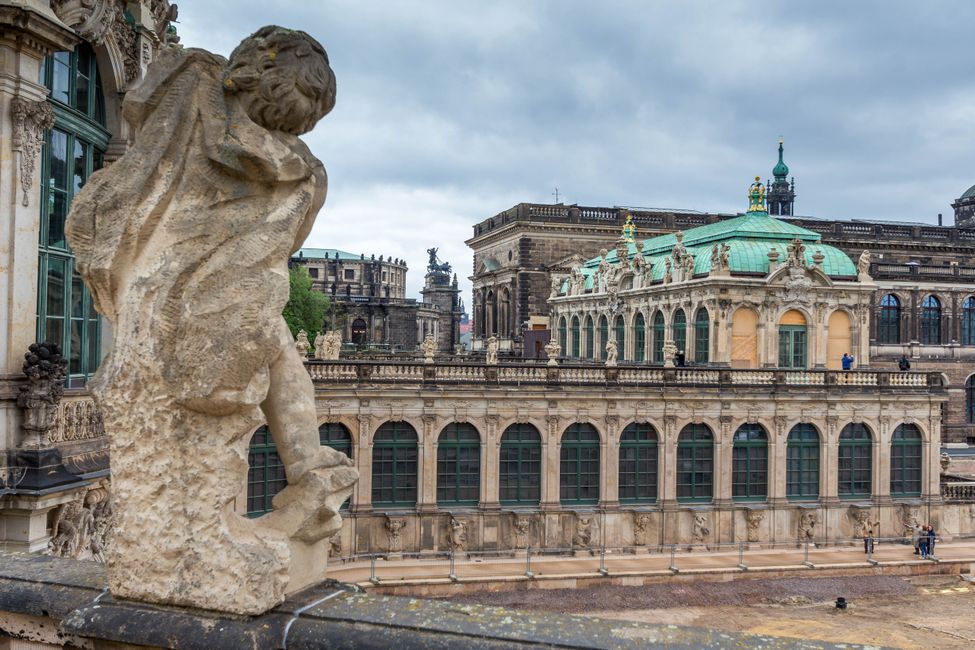
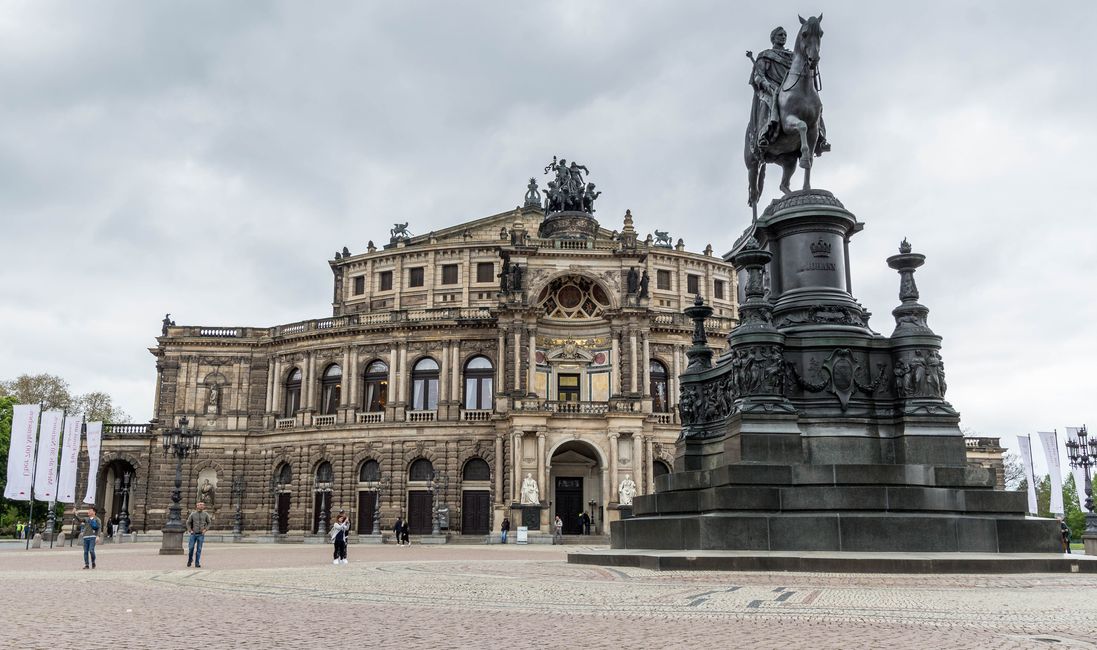
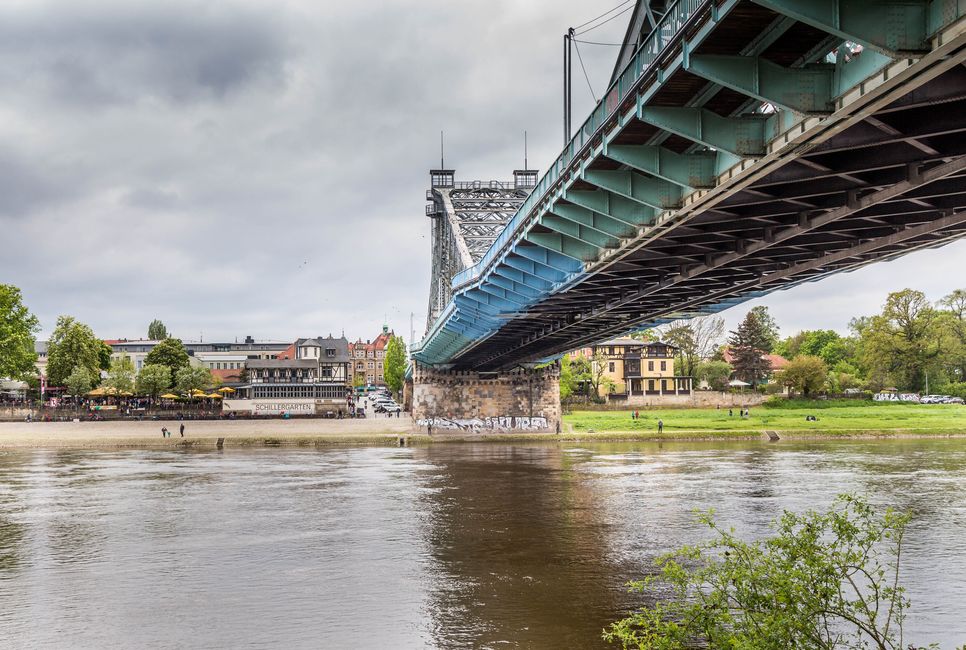
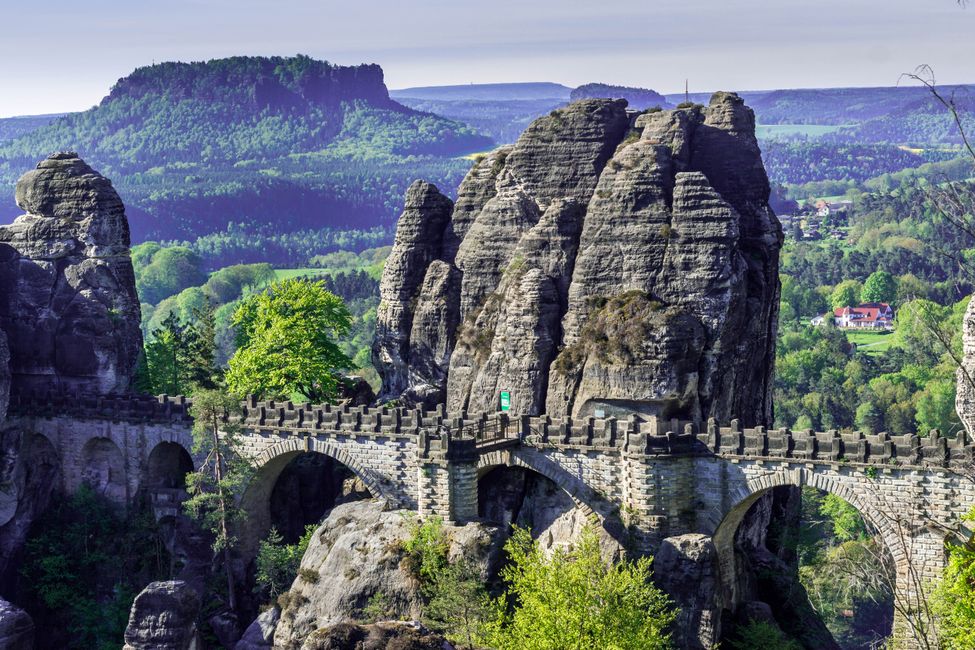
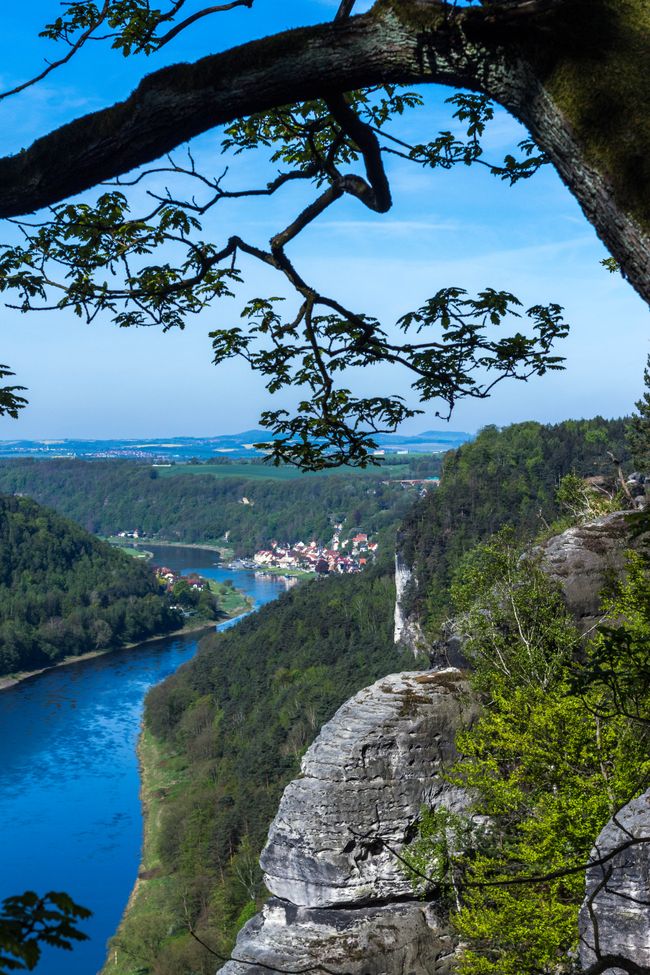
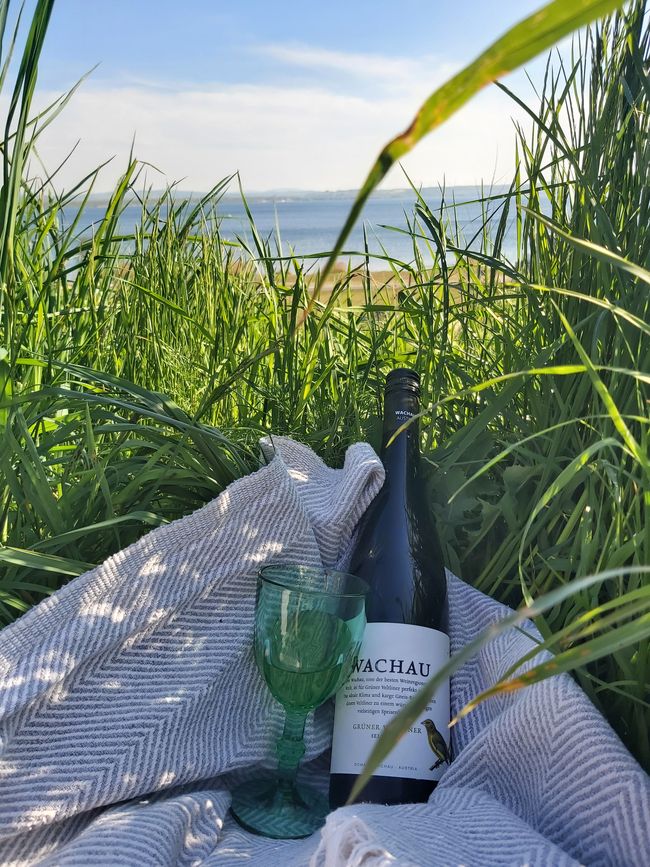
ସମ୍ବାଦପତ୍ରକୁ ସବସ୍କ୍ରାଇବ କରନ୍ତୁ |
Sounds strange, and it is! At least for us, who have absolutely nothing to do with such traditions. Speaking of traditions: the origin of the Christmas stars apparently lies in Saxony, more precisely in Herrenhut. We're not talking about the plants, but about folded paper stars that we have seen hanging on house gables in the past few days. In short, we have arrived in Saxony and why the Christmas stars still decorate the houses in May, we have not yet found out, but they do look beautiful :-)
We knew pretty quickly that we wanted to spend the first few days in the nature of Saxon Switzerland, but the route was more spontaneous. It went through Burglengenfeld, a district town on the Naab near Regensburg, with a wonderful, green recreation area and walking paths, to Bärenstein in the Ore Mountains. The question that inevitably arises for an Austrian here is: where exactly are the mountains? The area is definitely beautiful, lots of nature, dotted with small villages that give the whole place a rustic feel. We were able to climb Bärenstein, by the way, from our fairytale sleeping place at the edge of the forest during our morning walk, which offered us a wonderful view of the surrounding area. However, there are still a few more meters of elevation gain until you reach the treeline.
We did eventually find the mountains, but without peaks, as they were described by two Swiss people in the 18th century. By the way, the two gave the Meißner Hochland the name "Saxon Switzerland". Our first hike took us through the Biela Valley. After a short ascent, we followed a beautiful 15km ridge hike through a mixed forest, past mighty rock formations, through deep gorges, and onto brilliant viewing platforms that offered us great photo opportunities. The Herkules Columns are probably the most famous, which owe their name to Carl Merkel, who somehow came up with it in the early 19th century.
These historical connections are quite interesting. During our trip through the former GDR, our interest in recent history was also aroused, so we used the travel time to our next sleeping place to listen to podcasts about this no longer existing state. After all, relics of this time can still be seen today, whether it be abandoned houses and factories or the lovingly restored Trabi on the road.
Some of the roads we were traveling on also seem to date back to that time, repaired a thousand times and still full of potholes.
After so much nature, tranquility, and vegetarian food, we felt drawn to the city, of course without any ulterior motives to enjoy delicious meat prepared in the Saxon style. We went to Dresden and we all agreed that Dresden is a really charming city. The magnificent buildings of the old town, the "Blue Wonder", the impressive parks - apart from shady retreats - a train (!!!) runs through the park, as well as the long walk along the Elbe. Thanks to the Spring Market in front of the Frauenkirche and a visit to a guesthouse, we were also able to enjoy ourselves culinary.
After one day in Dresden, we were reminded why we don't particularly like cities (noise, people, traffic...), so we headed back to the countryside to see the next highlight of Saxon Switzerland: the Bastei. Granted, it's quite touristy, which is why we were there at around 7:30, practically alone. Without having to navigate through selfie sticks, we were able to visit the old fortress and take a nice hike through the national park. Particularly noteworthy are the Schwedenlöcher, a gorge-like ravine that made a big impression on us, making the steep ascent effortless.
The journey continued through Bautzen, where we spent the sunny afternoon with a good book and a nap at the reservoir, to Görlitz, more precisely to Lake Berzdorf.
This lake, with its 960 ha of surface area and 72 meters of depth, is practically artificially created. Originally, like many other lakes in Lusatia, it was a lignite open-pit mine that was flooded after shutdown. We received more information from an old man who dropped by briefly and visited his old workplace, but despite our best efforts, we couldn't remember all the details about megawatts and tons.
We stayed here for a while, took a bike ride around the lake, and at the end, we faced the big decision: right or left, east or west, Poland or straight to Sweden? Well, how we decided, that's a different story :-)
ସମ୍ବାଦପତ୍ରକୁ ସବସ୍କ୍ରାଇବ କରନ୍ତୁ |
ଉତ୍ତର
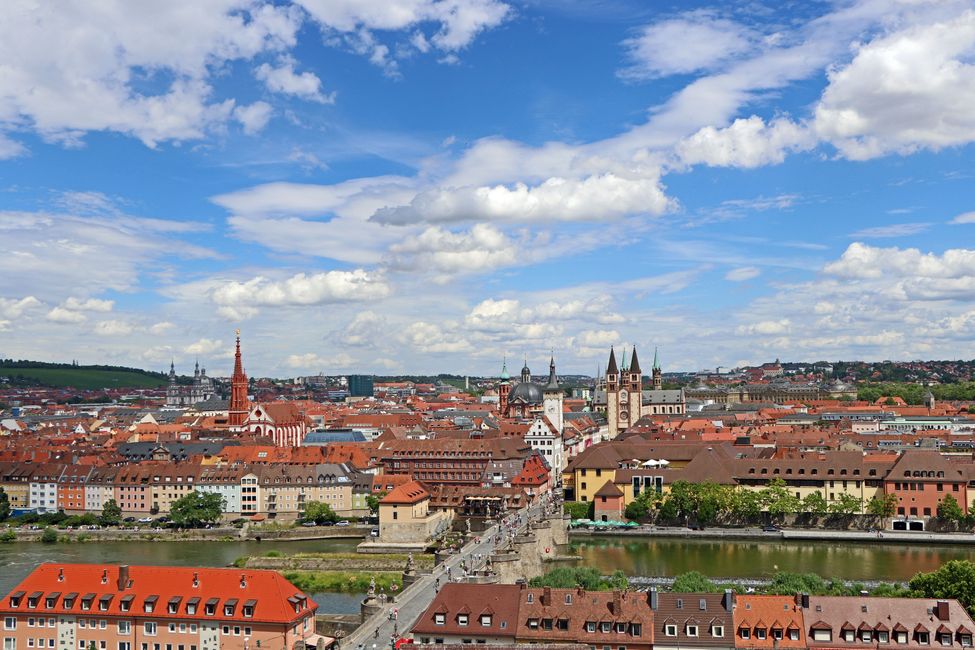
ଭ୍ରମଣ ରିପୋର୍ଟ ଜର୍ମାନୀ

